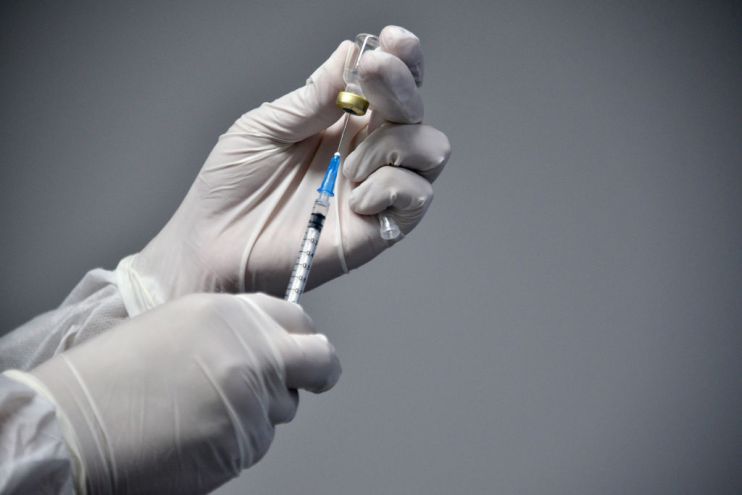Covid-19: Oxford extends vaccine study to children in world first

Children as young as six will be given the vaccine developed by the University of Oxford and Astrazeneca as part of a world-first trial to test the efficacy of the jab in young people.
Researchers will enrol 300 volunteers to assess whether the coronavirus vaccine produces a strong immune system response in children and young adults aged six to 17.
The study is being launched at the University of Oxford and its partner sites in London, Southampton and Bristol, with the first vaccinations expected this month.
“While most children are relatively unaffected by coronavirus and are unlikely to become unwell with the infection, it is important to establish the safety and immune response to the vaccine in children and young people as some children may benefit from vaccination,” said Andrew Pollard, professor of paediatric infection and immunity and chief investigator on the Oxford vaccine trial.
“These new trials will extend our understanding of control of SARS-CoV2 to younger age groups.”
Up to 240 children will be given the Covid-19 jab as part of the trial, with the remainder receiving a control meningitis jab, which is shown to be safe in children but is expected to produce similar reactions, such as a sore arm.
Earlier this week deputy chief medical officer professor Jonathan Van-Tam said it was “perfectly possible” that a vaccine could be licensed for children before the end of the year.
The Oxford/Astrazeneca vaccine is one of three jabs to be approved for use in the UK, alongside those from Moderna and Pfizer.
More than 14m people have now had their first dose of the vaccine, with the government on track to meet its target of 15m jabs by Monday.
Over-70s, care home residents and staff, health and care workers and clinically extremely vulnerable patients have all been given the opportunity to receive the vaccine.
Prime Minister Boris Johnson yesterday called for remaining eligible Brits to come forward for their jabs.